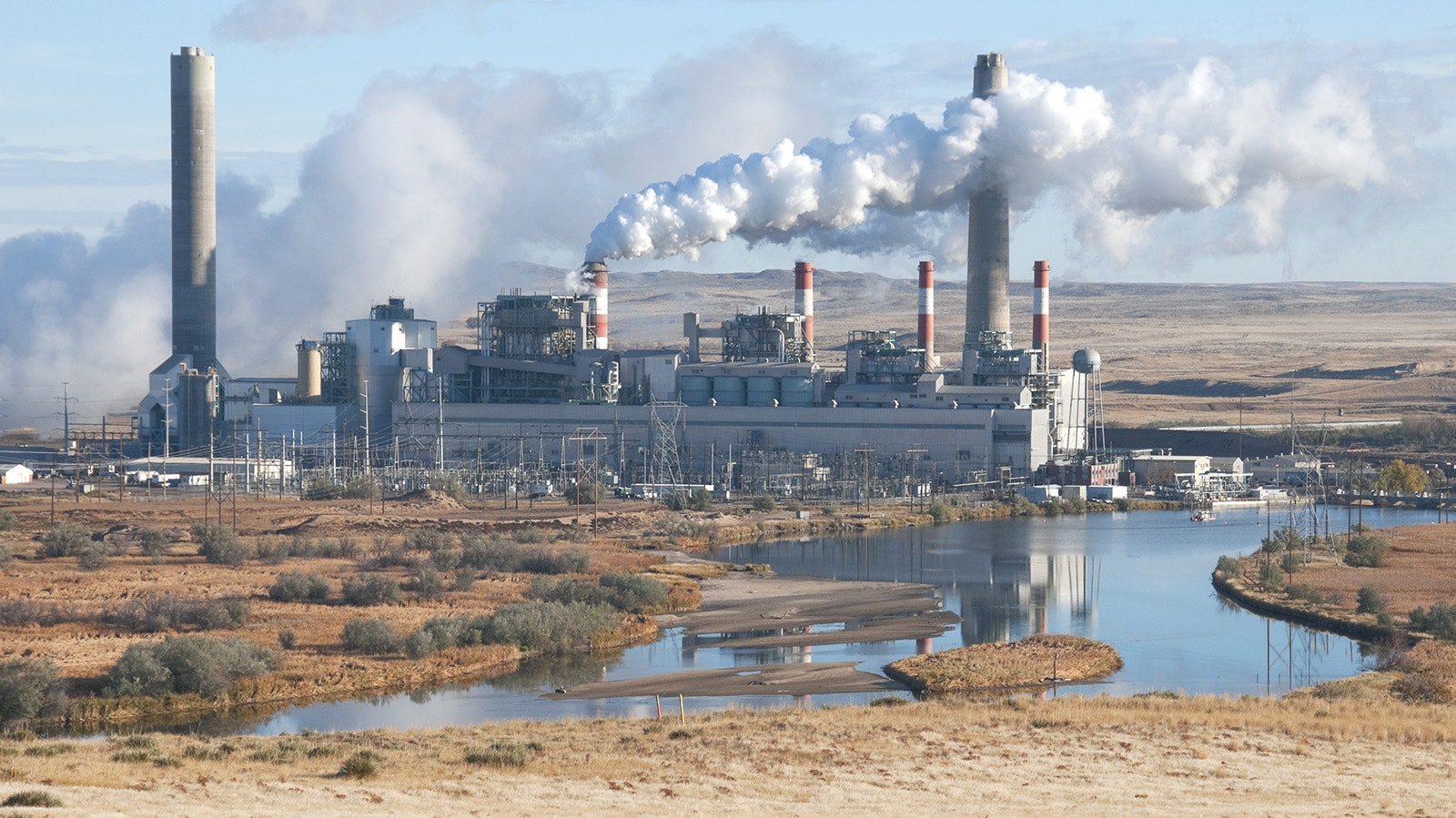Wyoming’s budget planning office is hiring a legal consultant to advise a powerful group of state lawmakers and recommend plans to possibly alter the future landscape of how taxes are collected from electricity producers.
The so-called “electricity tax legal study” would address how sales taxes are collected on power plants in Wyoming.
With jitters growing over the diminishing role of the coal severance tax that has contributed billions of dollars in Wyoming to pay for everything from education to road improvements, the influential Joint Corporations Interim Electricity Taxation Subcommittee wants to have the consultant in place in August.
The subcommittee’s three state senators and three representatives include Sens. Cale Case, R-Lander, Bo Biteman, R-Ranchester, Chris Rothfuss, R-Laramie, and Reps. Donald Burkhart Jr., R-Rawlins, Steve Harshman, R-Casper, and Cody Wylie, R-Rock Springs.
According to a copy of the request for proposals issued by the Wyoming Legislative Service Office in Cheyenne, a consultant is needed to review the legal nuts and bolts of interstate commerce movement of electricity – particularly over state lines in the northwest where the Warren Buffet-owned utility giant PacifiCorp has a sprawling presence.
PacifiCorp, which is parent of electric utility Rocky Mountain Power in Wyoming, is said to have recently cancelled negotiations with state officials in its compact who participate in the multi-state protocol, or MSP. The compact is set to expire in the near future, casting in doubt possibly how electricity costs are calculated and how rates are established.
A PacifiCorp spokesman was not immediately available for comment.
More Traction?
“We’ve had tax proposals before and looked at these kinds of issues before, but we’ve not gotten a lot of traction,” Case told Cowboy State Daily.
The goal is to have a legal report completed by the end of November so that the subcommittee can use the document as a kind of roadmap for drafting legislation in next year’s general session, Case said.
“Ideally, we’ll get this done before the session begins,” he said. “We all have opinions about this (taxation issue), and I have mine. Now we’ll have a legal opinion. This won’t be black and white. It may be litigated.”
The state’s budget planning office is referred to formally as the Wyoming Legislative Service Office, which runs the Consensus Revenue Estimating Group, or CREG
CREG is made up of nine financial experts who come up with estimates on the state’s budget for lawmakers to use as guidance on how to draft spending bills.
The consultant to be hired also would review Wyoming’s relationship with regulated utilities, such as PacifiCorp and the operations of its interstate subsidiaries.
The subcommittee is concerned about legal consequences of imposing a tax on electricity production on some power generating plants – particularly given the rise of alternative forms of energy with wind, solar and nuclear reactors, according to Case.
Rocky Mountain is governed by the MSP, which determines which utility expenses or cost responsibilities are considered unique to a particular state or shared between all states in the territory of the utility.
Interstate Commerce
Questions that will be examined include whether a new utility tax violates the principles established for interstate regulation and the MSP agreement, the implications of eliminating a sales tax on electricity sales for in-state consumption and determining whether it matters if any new electricity tax is on sales of power or production.
“I’m looking at the big picture for Wyoming’s future, and how we’re going to have tax revenues as we go forward, knowing in my heart that we have enjoyed riding the fossil fuel industry,” Case said. “We built all our roads, our university (Wyoming), our schools and pay a lot of the freight with the severance coal tax.”
Case believes that the tax structure’s reliance on coal severance taxes needs to be changed.
“That’s not going to be there in the future. And we don’t have a tax structure that makes it work if coal’s not in the game. Do you think that in 10 years coal will be produced in the Powder River Basin? I sincerely hope so.”
Severance taxes paid by the petroleum industry also are being challenged by current federal policies, Case said.
“People will say, no, no, the new Trump administration will roll back all of the policies hurting coal and petroleum. It’s still coming in a big way,” Case said of the energy transition to alternative forms of power production. “You can look at the numbers. We have to prepare for this.”
Pat Maio can be reached at pat@cowboystatedaily.com.





